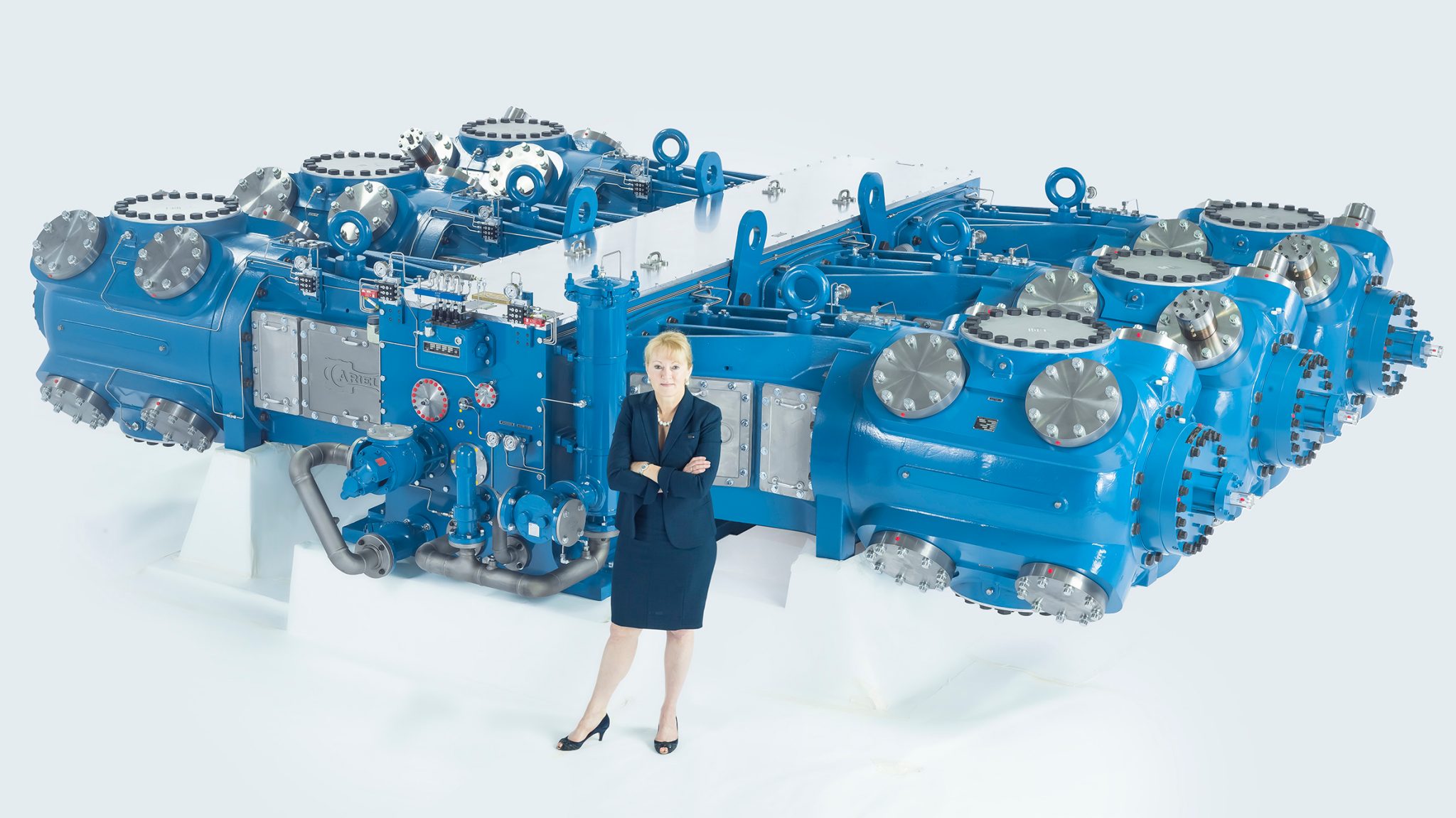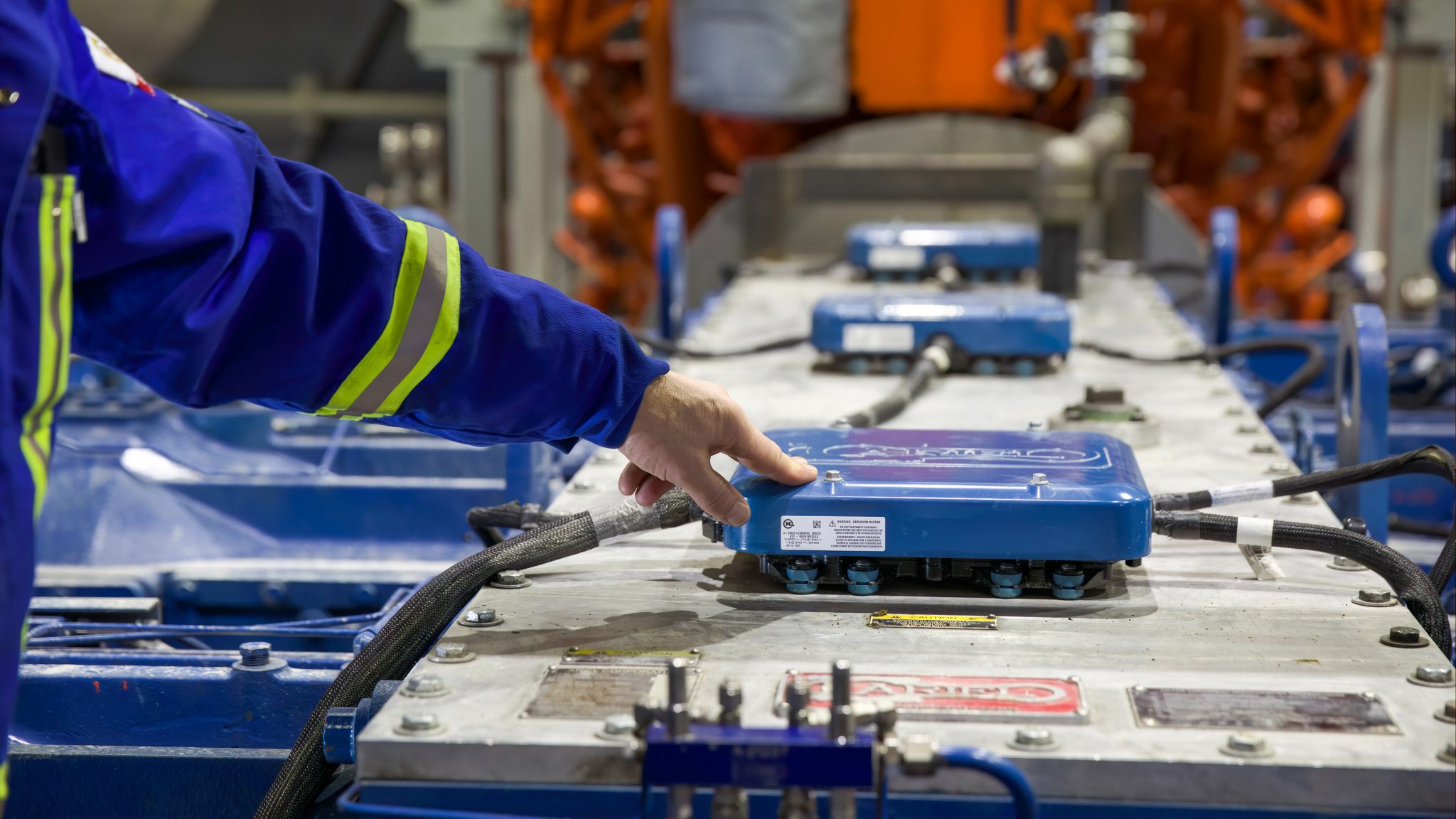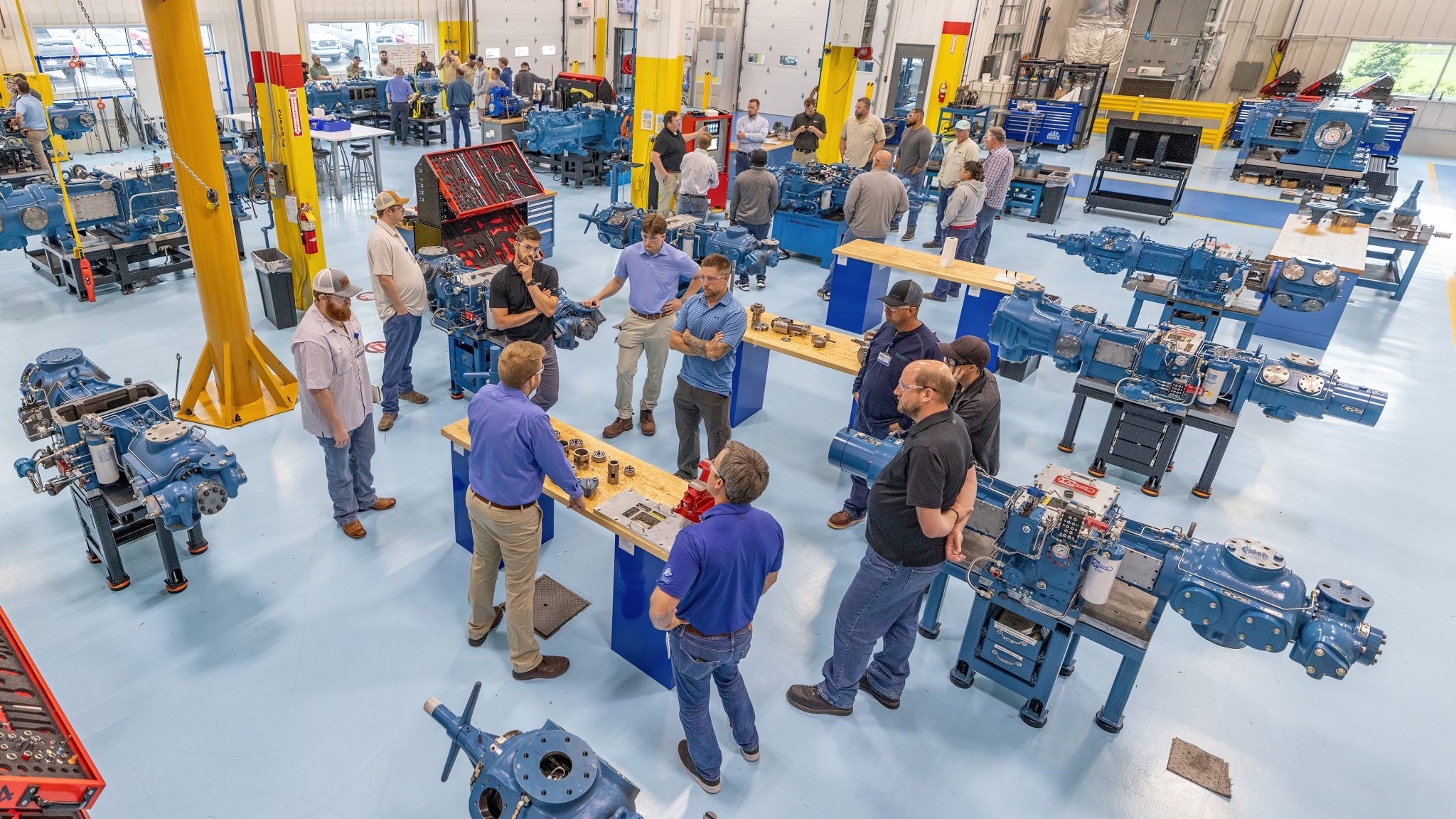Ariel Insights: Switching Fleets to CNG

Today, individuals and businesses alike are increasingly switching their fleet vehicles to alternative fuels. In particular, many municipal fleets are transitioning buses, service vehicles and garbage trucks to compressed natural gas (CNG).
Thanks to the many environmental and financial benefits of CNG, government and private businesses have realized that they can achieve energy security, high vehicle performance and low fuel emissions. And while up front investments can be substantial, the lower fuel costs and more stable pricing offered by CNG can deliver a return on investment in as little as 24-36 months. CNG ROI can provide a return in even less than 24 -36 months when using one of the 2,000 existing public or private stations.
Fueling that saves you money.
Not only are average CNG prices much less than average diesel rates, fleet managers generally realize significant cost savings over the long term compared with running fleets on diesel.
"Another advantage of CNG is that the inputs for fuel are less volatile than those of diesel."
For example, 70 percent of the cost of diesel fuel is determined by the market price of crude oil, which is extremely unstable. CNG pricing on the other hand, is only influenced by 20 percent of the market price of natural gas. This is because the production costs of CNG remain relatively stable, which results in a more predicable fuel price for CNG users.
Vehicle Performance
According to the Alternative Fuels Data Center, there are more than 15.2 million natural gas vehicles worldwide. Because natural gas burns cleaner than gasoline or diesel fuel, those natural gas vehicles will stay in prime condition longer, which reduces maintenance costs and increases vehicle lifespan.
Natural gas vehicles are also safer than conventional vehicles. Traditional gasoline tanks pose a huge safety threat when they form highly flammable gasoline pools in an accident. However, natural gas dissipates into the air almost instantly, reducing concerns of fire in the event of an accident.
Decreased Environmental Footprint.
Because fossil CNG and bio CNG are chemically identical, they can be put into the same pipelines and used in the same vehicles. Switching to CNG from diesel, a fleet can reduce its carbon footprint significantly thanks to the fact that natural gas burns cleaner. However, even greater environmental benefits can be realized when operations choose to use bio-methane CNG – methane gas with the same chemical composition as natural gas but derived instead from landfills, sewage systems, manure and organic waste. By taking this gas out of the waste stream, bio CNG fleets operate more eco-friendly than solar and wind energy sources.
"Fleets switching to natural gas dramatically reduce the amount of fuel emissions they release into the air."
Since natural gas is a low-carbon, clean-burning fuel, fleets switching to natural gas dramatically reduce the amount of fuel emissions they release into the air. The GREET model can help you estimate the lifecycle petroleum use and greenhouse gas emissions of vehicles running on CNG. Unlike other petroleum-based fuels, natural gas does not release mercury into the air. Also, when using bio CNG carbon can be reduced by up to 115 percent depending on the source of the bio CNG.
Finding CNG equipment that gives you flexibility.
On-site natural gas fueling stations save fleet operators time, and in the long run money, while providing more control over fuel prices with the convenience of a centralized, secure fueling station. There are also over 900 public CNG fueling stations all over the country for fleets to use when they are on the road.
With Ariel compressors it doesn’t matter where the methane, bio CNG or fossil CNG you are compressing comes from, which means you don’t need a new compressor for different methanes. They are all compatible with Ariel compressors.
Ariel CNG compressors are suited for operations including anything from low-pressure technologies to experimental pressures up to 10,000 psi, which makes switching fleets to compressed natural gas a seamless transition. Our compressors can be configured to different stroke lengths and speeds to maximize efficiency, saving you time and money by adapting to your ever-changing needs.
At Ariel, we are dedicated to supporting our customers and products throughout the entire product lifecycle, and with our products that means decades. Our trained professionals offer online and in-person training courses, plus continual support to help you and your team stay up to date on maintenance, safety and operational practices. Start saving money with trusted, reliable CNG equipment that will help you reach your bottom line and decrease your carbon footprint. Contact us or give us a call at (740) 397-0311 to experience the Ariel difference first hand.
"Because natural gas burns cleaner than gasoline or diesel fuel, those natural gas vehicles will stay in prime condition longer, which reduces maintenance costs and increases vehicle lifespan."




